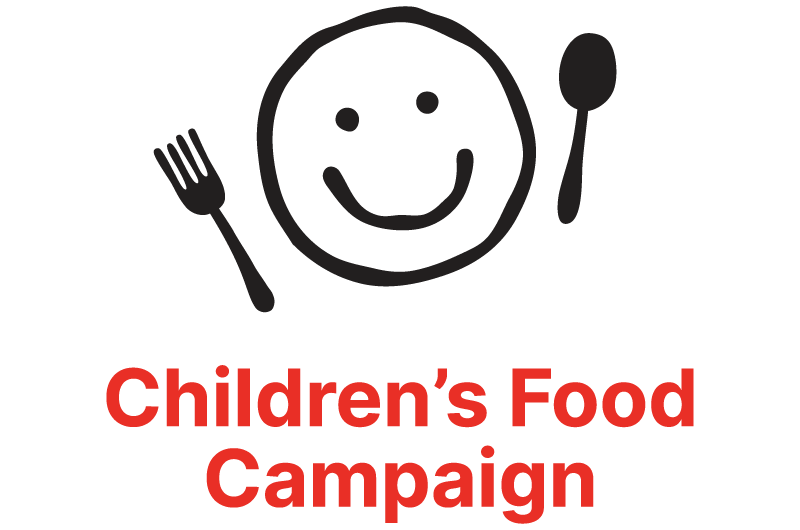Sustain • Children's Food Campaign
Food industry arguments
The food industry has long argued against regulation to protect children from junk food marketing.
Given the huge profits they make from selling unhealthy products, it’s not hard to see why. Here we respond to some of their most common arguments.
The problem is not children’s diet, but the fact that they don’t get enough exercise
There is no doubt that obesity develops when people consume more energy (calories) than they use up in everyday life. Clearly therefore both diet and physical activity are important in determining a person's weight. It is disingenuous of the food and advertising industries to imply that the types of food eaten by people have little impact upon weight gain.
While it is true that regular physical activity is vital for good health, increased physical activity does not make an unhealthy diet any less unhealthy. Even if children are a healthy weight, saturated fat still causes premature hardening of the arteries, frequent sugar consumption causes dental decay and salt intake increases the risk of stroke in later life, no matter how active they are.
All foods can be part of a healthy diet
The Food and Drink Federation argues that "Foods high in fat, salt and/or sugar are not harmful per se. Fat, salt and carbohydrates are essential macronutrients. It is the balance of them that is important. All foods can fit into a balanced diet, which involves appropriate intake of all nutrients over a period of days."
This is tantamount to saying that junk food can fit into a balanced diet, provided that you hardly ever eat it. Unfortunately, children eat large amounts of junk food all too frequently. Moreover, the case for "balance" is spurious. If people eat a diet of healthy foods - a wide range of fruit and vegetables, plenty of a variety of whole grain cereals, pulses, nuts and seeds, and (if they are not vegetarian or vegan) small amounts of fish, dairy products and meat - there is no need to "balance" this with junk food.
If, however, children are eating unhealthy foods - and all the evidence shows that they are - then what "balancing" their diet means is eating less of them, and more healthy food. Yet the foods children should eat more of receive little or no promotion.
Children’s diets are the responsibility of parents – not the ‘nanny state’
Everyone agrees that parents take the main responsibility for bringing up their children, including making sure they eat a healthy diet. However, responsibility is not a finite commodity; there is plenty to go round. Parents do have responsibility for their children, but so do others in society. The food and advertising industries, for example, have a responsibility to ensure that they do not make a difficult job – bringing up children in the modern world - even harder. Indeed, the recent Bailey Review on the Commercialisation and Sexualisation of Childhood noted that many parents feel their children are under increasing pressure to become consumers.
Government also has a responsibility to help parents fulfil their responsibilities. Nannies, of course, provide exactly that service - helping parents to bring up children and protect them from harm. So the "nanny" state is entirely appropriate in this instance. Government should introduce legal protection for children from junk food marketing so that parents can be supported - free from undue commercial interference – in their efforts to encourage children to eat a healthy diet.
Children's Food Campaign: Better food and food teaching for children in schools, and protection of children from junk food marketing are the aims of Sustain's high-profile Children's Food Campaign. We also want clear food labelling that can be understood by everyone, including children.
